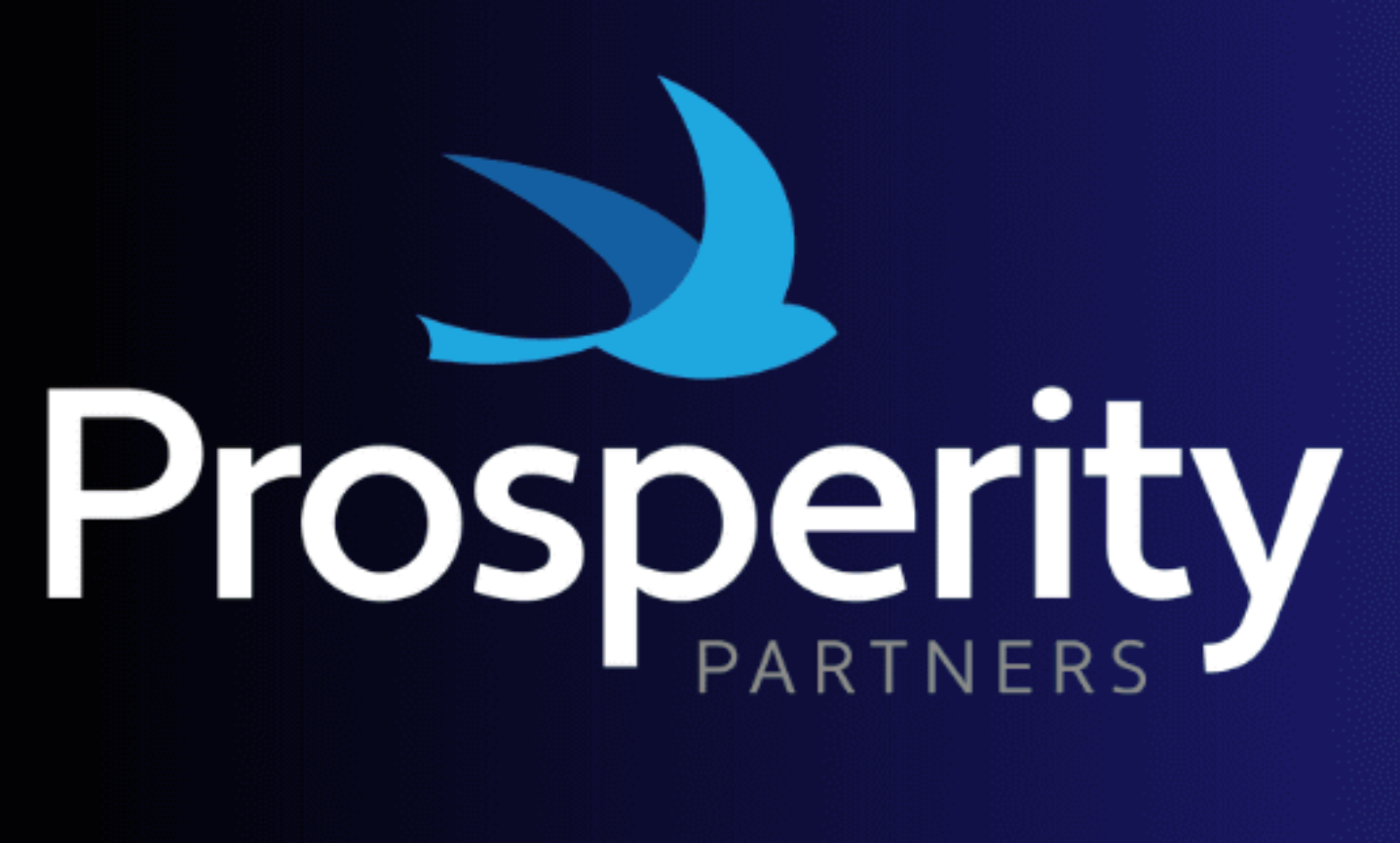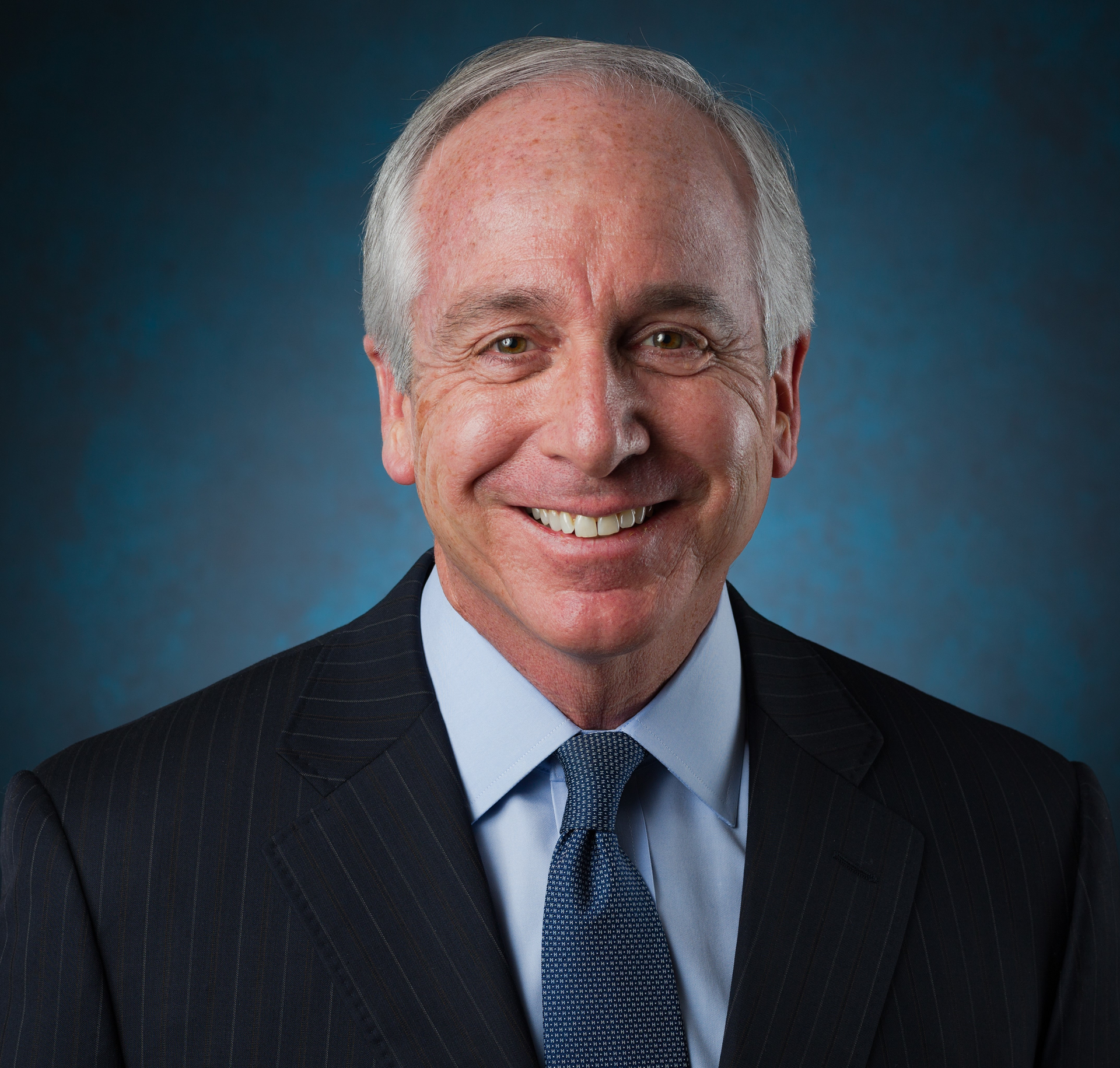Baseball fans get excited when spring rolls around. It’s the first step of a new season — the moment when everyone sees what your team is made of. Although there are no leagues or playoffs in public accounting, managers still needs to gear up all their players for their equivalent spring training: professional development.
As coaches invoke Benjamin Franklin and remind athletes: Fail to prepare, prepare to fail. Is your professional development program filled with strikeouts or home runs? Here are a few questions to ask yourself when assessing your training needs:
Is our professional development attractive to rookies?
Recent graduates are often the ones who require the most professional development as they’re still learning the ropes. These entry-level accounting hires require much more training if they want to move up in their career. And many of them are pointedly aware of it.
That’s why your firm’s training strategy plays a major role in your recruitment efforts. In a workforce study about Generation Z from Robert Half and Enactus, 64 percent of Gen Z professionals said the opportunity for career growth is a top priority when looking for a job. By comparison, only 44 percent said a generous compensation package was essential.
Publicize your professional development program in job descriptions, on your website and social media, at college career fairs, and during interviews. Let candidates know your company is committed to growing staff members’ potential and promoting from within.
Do players respond well to current training options?
Baseball teams may show training videos and even use virtual reality, but the bulk of their coaching remains in person and hands on. Accounting managers shouldn’t assume today’s tech-savvy accountants prefer professional development via devices and apps. Those managers would be (partly) wrong.
Many professionals respond well to in-house mentorship programs. Matching up staff with a mentor is not only a proven training strategy, but it also fosters the kind of personal relationships that encourage skilled employees to stay with the firm for the long term.
Am I taking advantage of individual team members’ expertise?
Take a good look at your staff. Chances are that one person is an expert pitcher (of ideas), while another regularly hits proposals out of the park. When developing a comprehensive professional development program, don’t forget to tap your own talent.
In addition to sending your players to industry conferences and bringing in expert consultants who can impart in-demand expertise, ask the team’s MVPs to give presentations on what they’ve learned recently. This is a cost-efficient way of spreading knowledge and building an all-star team. Furthermore, these stars will be inspired knowing you think so highly of their abilities.
Am I prepared for injuries?
Okay, accountants don’t usually have to worry that a torn ligament or rotator cuff tear will sideline them for the entire season. However, good managers do prepare for skills gaps, which can occur when team members retire or suddenly resign to accept a new job. If your finance team isn’t ready to fill that gap immediately, you’re going to have a hard time winning.
Effective professional development takes into account both the present and the future, so let spring training be a time when you build your bench strength. Create a system where you pair up employees and have them learn the basics of each others’ duties. Job rotation is also a good way to make sure team members gain a diverse skill set. And don’t forget succession planning, where you groom promising players for roles of greater responsibility.
Keeping your team in top shape should be a priority. Give your players — both the rookies and the veterans — the professional development they need, and your department will commit fewer errors and hit more runs.
————
Paul McDonald is senior executive director at Robert Half, the world’s first and largest specialized staffing firm. He writes and speaks frequently on hiring, workplace and career-management topics. Over the course of more than 30 years in the recruiting field, McDonald has advised thousands of company leaders and job seekers on how to hire and get hired.
Thanks for reading CPA Practice Advisor!
Subscribe Already registered? Log In
Need more information? Read the FAQs





